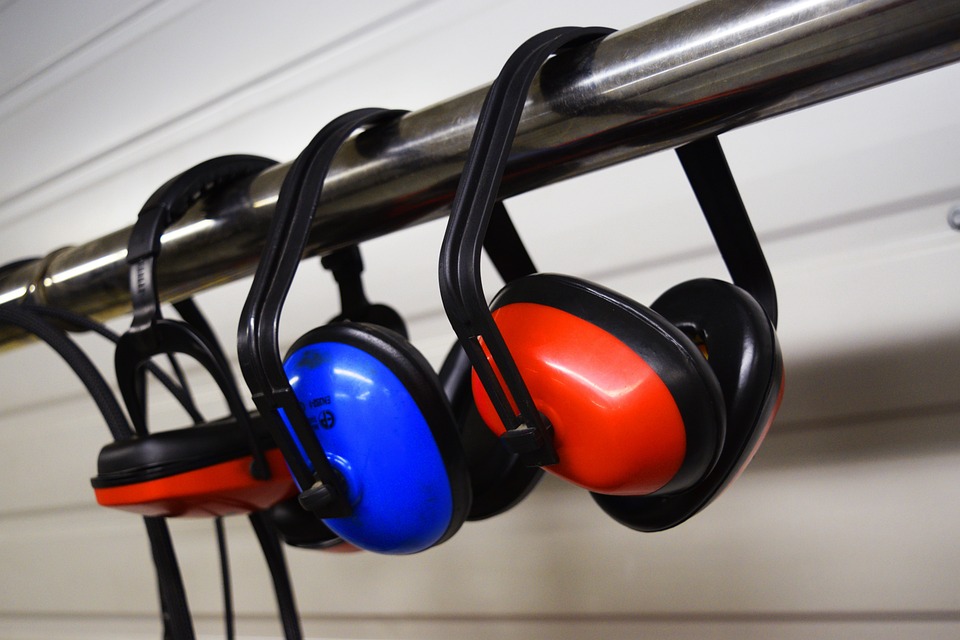
As winter wraps its chilly embrace around us, we turn to our trusty oil-filled radiators to keep our living spaces warm and cozy. But sometimes, amidst the gentle hum of warmth, you might notice an unexpected sound: crackling noises. Have you ever wondered why oil-filled radiators make these crackling sounds? Let’s embark on a journey into the heart of these radiators and unveil the reasons behind those intriguing noises.
The Symphonies of Heat: Understanding the Basics
Before we delve into crackling sounds, let’s brush up on how oil-filled radiators work. These heaters are designed with internal chambers filled with thermal oil. When the radiator is turned on, the heating element warms up this oil, which then circulates, creating convection currents that release heat into the room. This process produces a soothing warmth, accompanied by the familiar hum of heat exchange.
The Culprit Behind the Crackles
Now, let’s address the star of our show: the crackling noises. These sounds are often a result of the thermal oil inside the radiator. As the oil heats up, it expands, and as it cools down, it contracts. These temperature-induced expansions and contractions can cause the metal casing of the radiator to also expand and contract. It’s this movement of metal parts that can lead to the crackling or popping sounds you hear.
The Science of Metal Expansion
When metal is exposed to heat, its particles gain energy and move more vigorously. This increased movement causes the metal to expand. Conversely, when the metal cools down, the particles lose energy, and the metal contracts. This phenomenon, known as thermal expansion, is at the heart of the crackling noises in oil-filled radiators.
The Concert of Cooling
Crackling sounds are more commonly noticed when the radiator is turning off or cooling down. As the thermal oil cools, it contracts, and the metal casing follows suit. This can result in a series of crackles or pops as different parts of the radiator adjust to the changing temperatures. While it might seem like a mini symphony, it’s simply the natural response of metal to temperature variations.
Factors Affecting Crackling Intensity
The intensity of crackling noises can be influenced by various factors:
- Radiator Build: The design and materials used in the radiator’s construction can affect the extent of crackling noises.
- Temperature Fluctuations: Larger temperature differences between on and off cycles can amplify the crackling sounds.
- Thermal Oil Type: Different types of thermal oil can have varying degrees of expansion and contraction, influencing the noise level.
- Age and Usage: Older radiators or those subjected to frequent temperature changes might exhibit more noticeable crackling.
The Harmonious Play of Comfort
While crackling noises in oil-filled radiators can be surprising, they are generally harmless and do not indicate any damage or malfunction. They’re simply a consequence of the materials responding to temperature changes. So, the next time you’re cozied up next to your radiator, embrace the subtle melodies of metal expansion and contraction that accompany the warmth it provides.
In Conclusion
Crackling noises in oil-filled radiators are a result of the natural thermal expansion and contraction of metal components as the radiator heats up and cools down. These noises, while sometimes unexpected, are not a cause for concern and do not affect the radiator’s performance. Instead, they add a touch of character to the comforting embrace of warmth that oil-filled radiators offer during the colder months.